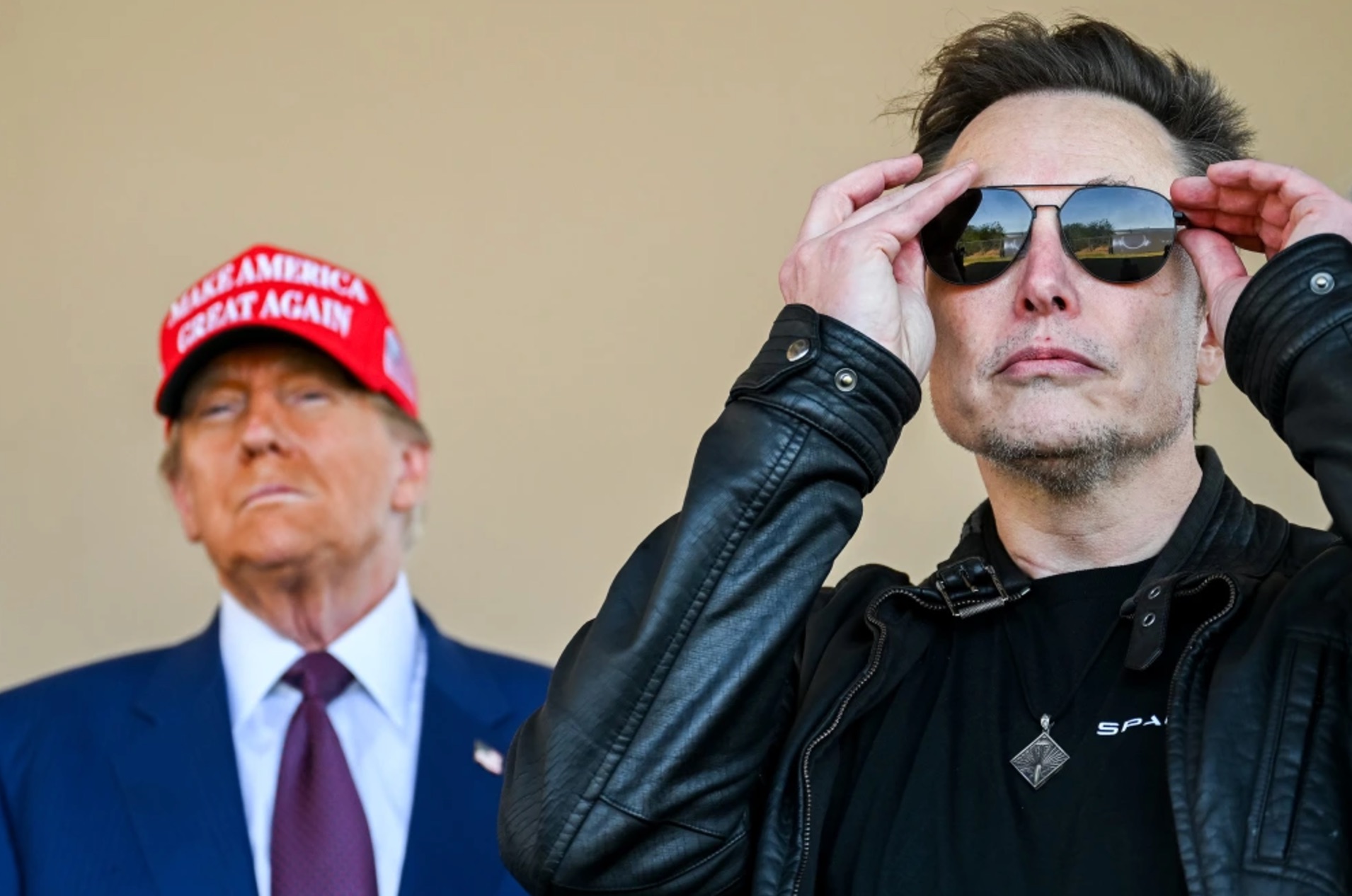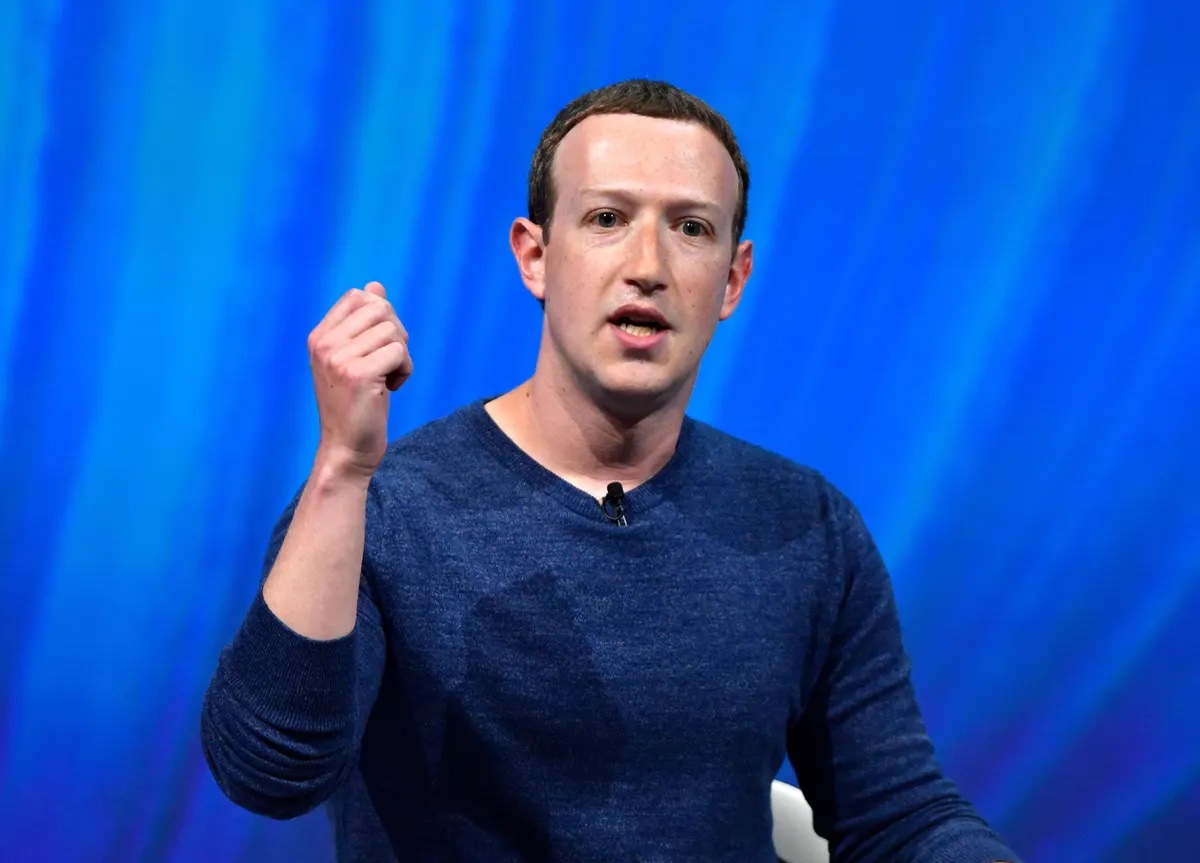MENLO PARK, USA — Nick Clegg, Meta’s president of global affairs and former UK deputy prime minister, has announced his resignation as the company’s top policy executive, handing over the role to Joel Kaplan, a senior Republican with deep ties to U.S. politics.
The transition comes just as President-elect Donald Trump prepares to return to the White House, raising the stakes for Meta’s political strategy.
Clegg, who joined Meta in 2018 when it was still Facebook, will remain with the company for a few months to assist with the leadership transition but has stepped down from his role effective immediately.
“As a new year begins, I have come to the view that this is the right time for me to move on from my role,” Clegg said in a Facebook post last Thursday, reflecting on the company’s transformation over the years.
A Strategic Leadership Change
Joel Kaplan, a longtime Meta executive and former deputy chief of staff for policy under President George W. Bush, is widely regarded as a key figure in Republican circles.
His appointment signals a strategic shift as Meta positions itself to navigate a Republican-controlled White House and Congress.
“Joel is quite clearly the right person for the right job at the right time — ideally placed to shape the company’s strategy as societal and political expectations around technology continue to evolve,” Clegg said in his announcement.
Kaplan’s rise coincides with Meta CEO Mark Zuckerberg’s efforts to strengthen ties with the incoming Trump administration.
Zuckerberg, who met with Trump at Mar-a-Lago after the election, has expressed a desire to take a more active role in tech policy discussions under the new administration.
“Joel has deep experience and insight leading our policy work for years to come,” Zuckerberg commented on Clegg’s post, thanking him for his contributions and expressing confidence in Kaplan’s leadership.

Meta’s Challenges and Republican Alignment
Kaplan’s tenure at Meta has not been without controversy.
He faced backlash in 2018 for attending the Senate confirmation hearing of his friend Brett Kavanaugh, now a Supreme Court Justice.
However, his Republican connections are seen as a valuable asset as Meta faces scrutiny from the GOP, which has accused the company of bias against conservative voices.
In recent years, Meta has rolled back some of its election-related content moderation policies, including allowing posts that question the legitimacy of the 2020 election—moves that were welcomed by Republican leaders.
These shifts have positioned the company to potentially improve its strained relationship with Trump, who has been a vocal critic of Meta and Zuckerberg.
In his book released last summer, Trump accused Zuckerberg of “plotting” against him and threatened him with “life in prison” for any alleged election interference.
Meanwhile, Meta has faced growing antitrust pressures from the Biden administration, which launched lawsuits against Big Tech giants, including Google and Apple.
Trump’s administration is expected to weigh in on these ongoing cases and regulate artificial intelligence, key areas of focus for Meta.

The Road Ahead
As Kaplan takes on his new role, Kevin Martin, a former chairman of the Federal Communications Commission under Bush, will step into Kaplan’s previous position as vice president of global policy.
Meta’s pivot toward aligning with a Republican-led government underscores the company’s attempts to stay ahead of political and regulatory challenges.
With the incoming Trump administration likely to shape the tech industry’s future, Meta’s leadership transition could play a crucial role in defining its trajectory.
For Zuckerberg and Meta, rebuilding trust with Trump may prove pivotal in navigating the political landscape while addressing evolving societal expectations around technology and artificial intelligence.







